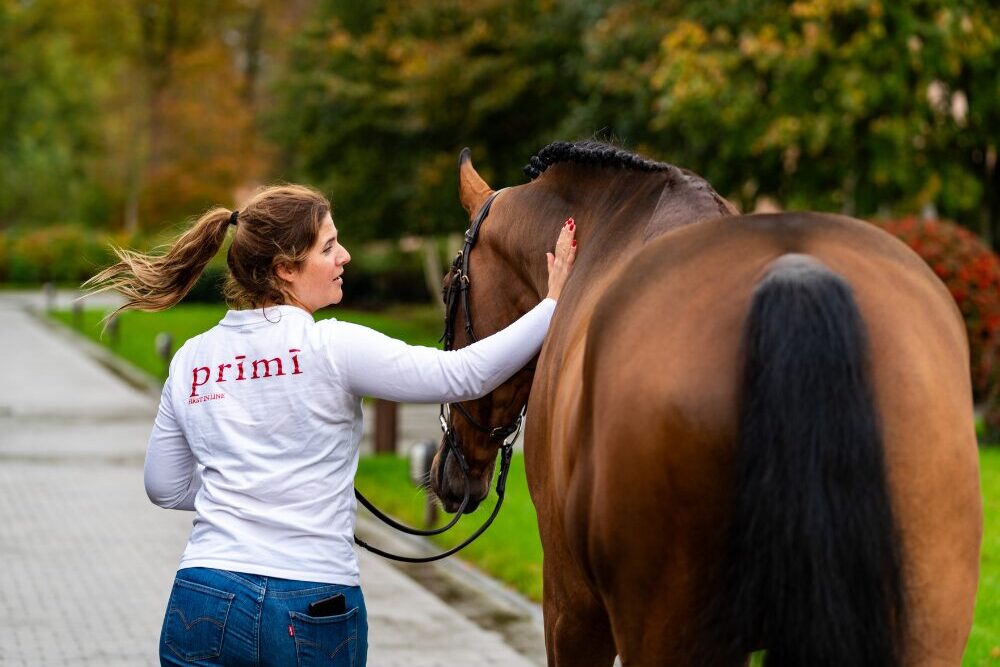
Training young horses is a delicate balance of patience, consistency, and skill. It lays the groundwork for their future success as athletes and companions. In this article, we’ll explore the key principles and techniques for effectively training young horses to set them on the path to success.
Understanding the Young Horse:
Before diving into training, it’s essential to understand the developmental stages of young horses. From birth to maturity, each stage presents unique challenges and opportunities for growth. By recognizing these stages, trainers can tailor their approach to suit the individual needs of each young horse.

Establishing Trust and Respect:
Trust and respect form the cornerstone of any successful horse-human relationship. Building a strong bond with a young horse begins with earning their trust and respect through gentle, consistent handling. Positive reinforcement techniques, such as reward-based training, can help foster trust and cooperation. Horses are like children that need to have things repeated to them multiple times. Positive repetitions are often the best key to success!
Groundwork and Desensitization:
Groundwork exercises are invaluable for teaching young horses basic manners, responsiveness, and confidence. Lunging, leading, and desensitization exercises help young horses develop coordination, balance, and trust in their handlers. These exercises also lay the groundwork for later under-saddle work by establishing clear communication between horse and rider.

Introducing Basic Riding Skills:
Once a young horse is comfortable with groundwork, they can begin to learn basic riding skills. Starting with simple tasks like mounting, walking, and steering, trainers gradually introduce young horses to the sensations of being ridden. It’s crucial to progress at the horse’s pace, ensuring they remain relaxed and confident throughout the process.
Building Strength and Conditioning:
As young horses mature, they gradually build the strength and conditioning needed for more advanced work. Careful attention must be paid to their physical development, with a focus on building strong muscles, supple joints, and proper carriage. Balanced nutrition, regular exercise, and appropriate rest are essential components of a young horse’s training regimen.
Patience and Persistence:
Training young horses requires a considerable amount of patience and persistence. Each horse progresses at its own pace, and setbacks are inevitable along the way. Riders must be prepared to adapt their approach, celebrate small victories, and remain committed to the long-term goal of developing a confident, well-rounded equine partner.

Training young horses is both an art and a science, requiring a deep understanding of equine behavior, psychology, and biomechanics. By establishing trust, building a solid foundation of skills, and nurturing the physical and mental development of young horses, trainers can set them on the path to success in any discipline. With patience, persistence, and a commitment to excellence, the future looks bright for these promising young athletes.


